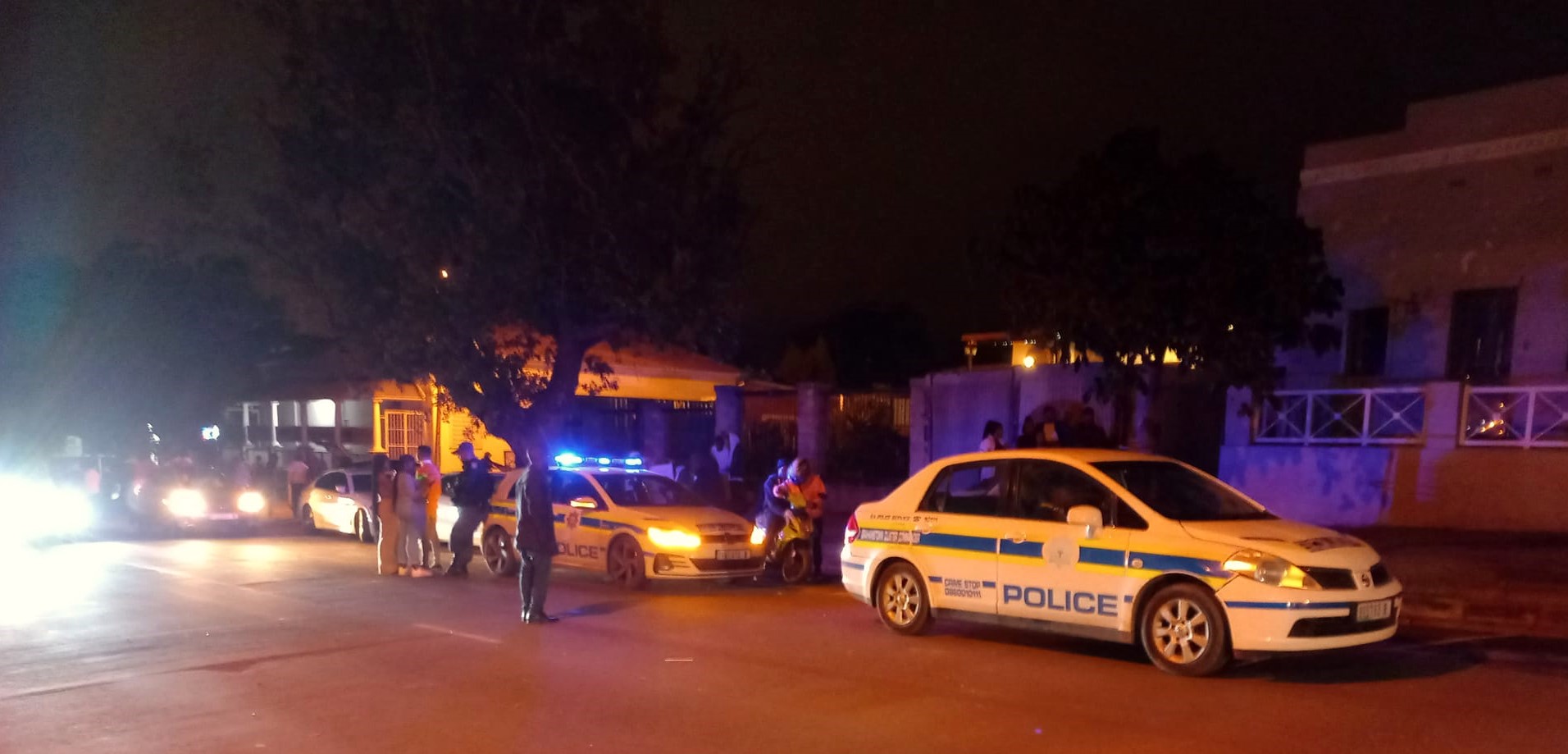By SIYAMTHANDA PONGCO
In the early hours of 27 March, the chair of Makhanda’s Community Police Forum, Andrew Kirk, accompanied the SAPS on crime prevention and law enforcement operations outside the pubs and clubs of the CBD.
Kirk told Grocott’s Mail that since liquor license trading hours ended at 2 am, pubs and clubs should be winding up by 1.30 pm – not 2 pm. Kirk said he was pleased with the response from the majority of traders, who were compliant.
However, residents have complained that students host rowdy boot parties in the street after pubs and clubs close. Some students open their cars, play music and drink until after 3 am, disturbing the peace of families who live in the area.
The community is not saying that the students must not have fun but is pleading with the students to be considerate, Kirk said.
Public drinking is an offence – the SAPS was “generous enough not to arrest people”, but the next time this happens, the CPF will insist that the SAPS do their job and arrest people for public drinking, Kirk added.
He urged the community to stand against lawlessness and crime by supporting the SAPS, the CPF, and other relevant structures.
He said citizens had a responsibility to support the efforts of the SAPS rather than point fingers at them.
Many crimes, like robberies and break-ins, could be avoided if the public came together and met the SAPS halfway. He encouraged citizens to attend community policing meetings and engage rather than being isolated from one another in the fight against crime.
He also called on the traffic department to be more visible than they have been as citizens have complained about reckless driving, public drinking and littering.
What does the CPF do?
The CPF is involved in neighbourhood watches and “meets the police halfway in tackling crime”. The CPF is not a law enforcement agency, he emphasised.
The CPF is mandated through the South African Police Service Act to provide oversight of the SAPS to ensure it serves the community. In addition, it provides a crucial mechanism for the community to approach and communicate with the SAPS.



